Are there any nutritious things that are portable and provide lots of nutrients? They are none other than Healthy “SEEDS”. In this article We will see 7 seeds you should eat everyday and why?
It is convenient to carry the seeds anywhere and eat them at any time in today’s hectic lifestyle. Nutritionists and fitness influencers always recommend including them in the diet to obtain nutrients that are not provided by regular foods. They are full of nutrients. For those who are looking forward to gaining some weight, this is the best option they can consider as they help to gain weight.
Most seeds consist of three parts: embryo, endosperm, and seed coat. The embryo is a tiny plant that has a root, a stem, and one or more leaves. The endosperm, which is often a combination of starch, oil, and protein, is the nutritive tissue of the seed.
7 HEALTHY SEEDS FOR OPTIMAL HEALTH
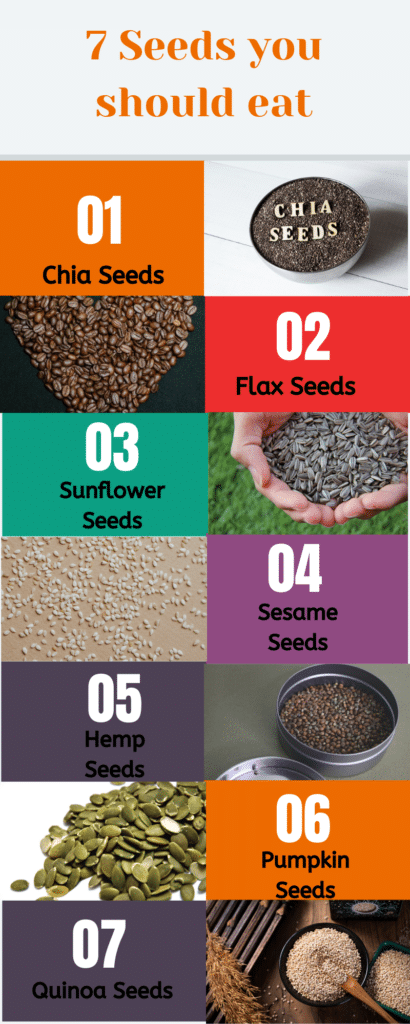
1. Chia seeds
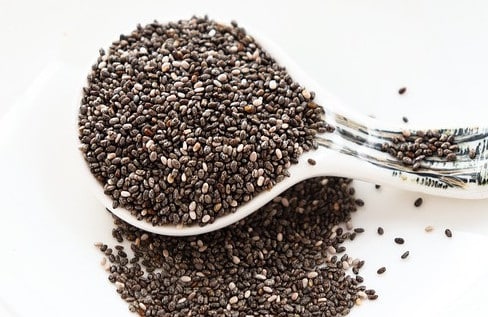
Chia seeds are a plant-based source of omega-3 fatty acids, fiber, and proteins. They are also a good source of magnesium, phosphorus, and zinc. They can be used in place of other plant-based sources of omega-3 fatty acids in many recipes. They can also be used in breakfast recipes, snack recipes, and desserts.
They are the most popular type among all others. Due to their health benefits in reducing belly fat, they have become popular among women in recent years.
How much is recommended?
The recommended amount is 20 grams a day.
Benefits:-
- Rich sources of omega-3 fatty acids
- Rich sources of protein and fiber
- Helps in reducing belly fat
- Stabilize blood sugar levels
2. Flax seeds

Flax seeds are a great source of essential fatty acids, fiber, and protein. They are also a good source of minerals like magnesium and potassium. Magnesium helps regulate blood sugar levels, while potassium helps keep blood pressure under control.
One cup contains about 20 grams of fiber, 7 grams of protein, and 4 grams of omega-3 fatty acids. These nutrients can help improve heart health, digestive function, and more.
How much is recommended?
The recommended amount is 2 tablespoons a day.
2 tablespoons of flax seeds contains 74 calories and 4 grams of polyunsaturated fat and a gram of fiber.
Benefits
- Improves digestion
- Relieves constipation
- Lowers cholesterol
- It is a rich source of omega-3 fatty acids
- They are very beneficial for women.
3. Sunflower seeds
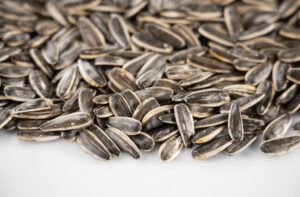
Sunflower seeds are a great source of vitamin E, magnesium, phosphorus, zinc and manganese. They are also a good source of fiber, vitamin B6 and B12.
How much is recommended?
The recommended amount is 30 grams a day.
Benefits
- They are rich sources of Vitamin E which is associated with improved vision, heart health, and brain health.
- Rich sources of B complex vitamins which improve the nervous system.
- High in antioxidants
- It is a convenient and filling snack
disclaimer:- As an Amazon Associate I earn from qualifying purchases.
4. Sesame seeds
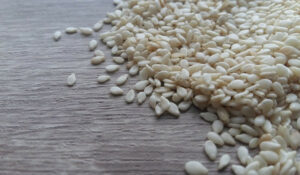
Sesame seeds are a great snack option because they are high in fiber and antioxidants. They are also a good source of protein.
How much is recommended?
The recommended amount is ½ tablespoon of roasted sesame seeds grams a day.
Benefits
- Rich sources of calcium and magnesium which helps in reducing blood pressure
- Rich sources of vitamin D
- Combat Arthritis
- Helps in lowering cholesterol
5. Hemp seeds
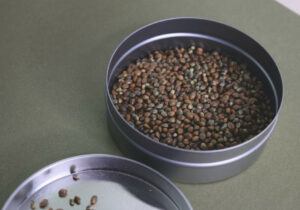
Hemp seeds are an excellent source of protein and other essential nutrients. They are also a good source of fiber and omega-3 fatty acids. They are a good source of magnesium, phosphorus, and zinc.
How much is recommended?
1 or 2 tablespoons a day is recommended.
Benefits:-
- Rich sources of omega-3 fatty acids
- It keeps blood vessel walls smooth and elastic
- Good for heart health
- Rich sources of protein
6. Pumpkin Seeds

Pumpkin seeds are a great source of protein, fiber, and vitamins. They are also a good source of magnesium and manganese. They are a good source of vitamin E and copper.
How much is recommended?
The American Heart Association recommends eating 30 grams of pumpkin seeds every day as a part of a healthy diet.
Benefits:-
- High in Antioxidants
- Very high in magnesium
- High in fiber
- Improves bladder health
7. Quinoa Seeds

Quinoa is high in fiber and protein. It is a complete protein and is a good source of magnesium, manganese, and zinc. Quinoa is a good source of thiamin, niacin, and vitamin B6.
How much is recommended?
You can eat one-two cups of cooked quinoa in a day.
The health benefit of quinoa:-
- Lowers the risk of heart disease
- Lowers the risk of diabetes
- Rich in antioxidants
- Supports digestion
How to eat seeds?
- You can soak them whole in water and drink that water.
- You can grind them and take them with water.
- You can blend them into smoothies and shakes.
- You can add them to the salads.
- You can roast them and eat them as it is.
How to Incorporate Seeds into your diet?
Incorporating seeds into your diet is a great way to add nutrition, texture, and flavor to your meals. Seeds are rich in essential nutrients like fiber, healthy fats, vitamins, and minerals. Here are some ways you can easily include seeds in your daily diet:
- Sprinkle on Salads: Salads can be enhanced with seeds such as pumpkin seeds, sunflower seeds, chia seeds, or flaxseeds.
- Blend into Smoothies: Put a tablespoon of seeds of your choice into your morning smoothie for added fiber and omega-3 fatty acids.
- Top Yogurt or Oatmeal: You can top yogurt, oatmeal, and cereal with seeds like hemp, chia, and sesame for an added texture and nutrition.
- Bake into Goods: Incorporate seeds into your baking recipes. You can add seeds to muffins, bread, or bagels and use flaxseeds or chia seeds as egg substitutes in vegan baking.
- Make Seed Butter: You can make seed butter using sunflower seeds, pumpkin seeds, or sesame seeds and spread it on toast or use it as a dip for fruits and veggies.
- Mix into Trail Mix: Create your own trail mix by combining seeds with nuts, dried fruits, and a touch of dark chocolate for a satisfying and energy-boosting snack.
- Stir into Soups and Stews: Add flaxseeds, chia seeds, or hemp seeds to soups and stews for added thickness and nutrition. They can also be used as a natural thickening agent.
- Sprinkle on Stir-Fries: If you want to add extra flavor and texture to your stir-fried vegetables, toss in some sesame or pumpkin seeds.
- Homemade Granola: Make your own granola with oats, honey or maple syrup, a variety of seeds, and dried fruits for a nutritious breakfast or snack.
- For Garnishing: Sprinkle seeds on top of dishes like soups, salads, or even pasta to add a finishing touch and a boost of nutrition.
Remember that while seeds are nutritious, they are calorie-dense, so it’s essential to consume them in moderation. Additionally, some seeds, like chia seeds, can absorb liquid and become gel-like, which can be a useful property in some recipes but may not be suitable for all applications. Adjust the quantity and preparation method according to your preferences and dietary needs.
There are many benefits to incorporating seeds into your diet. They are high in fiber and protein, and they are a good source of vitamins, minerals, and antioxidants.
One way to incorporate them into your diet is to sprinkle them on your breakfast cereal, yogurt, or oatmeal. You can also use them to make snacks and salads.
I would appreciate it if you could leave a comment below. Your feedback is very important to us. Don’t Forget to share it among friends.
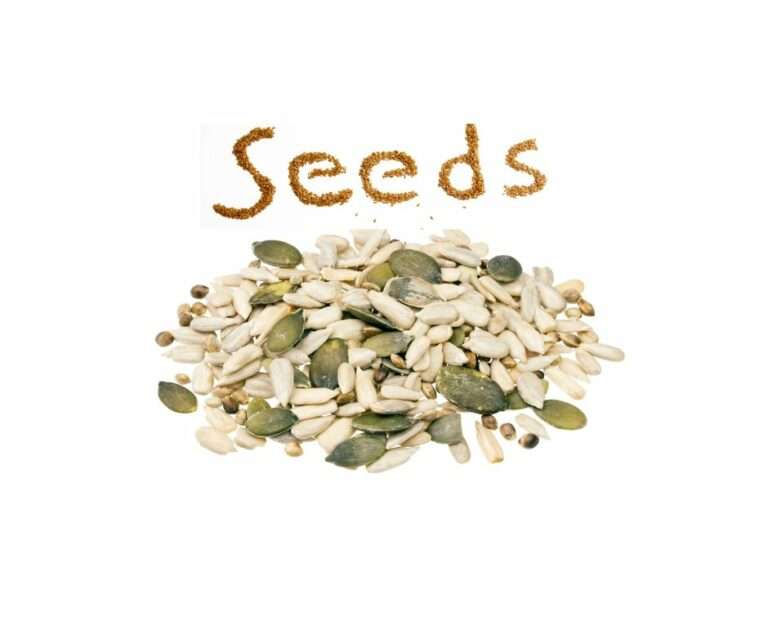
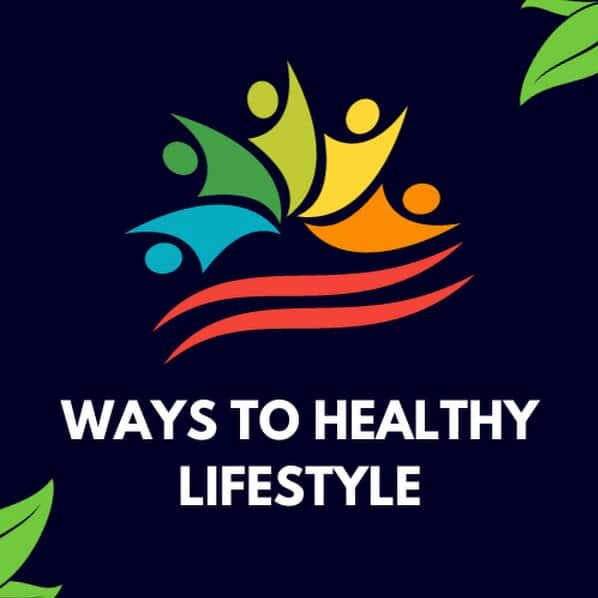
Thanks for sharing this information as I was not aware or some of these types of seeds.
Thank you so much Joseph.
My best wishes for a long and healthy life to you.
Manisha